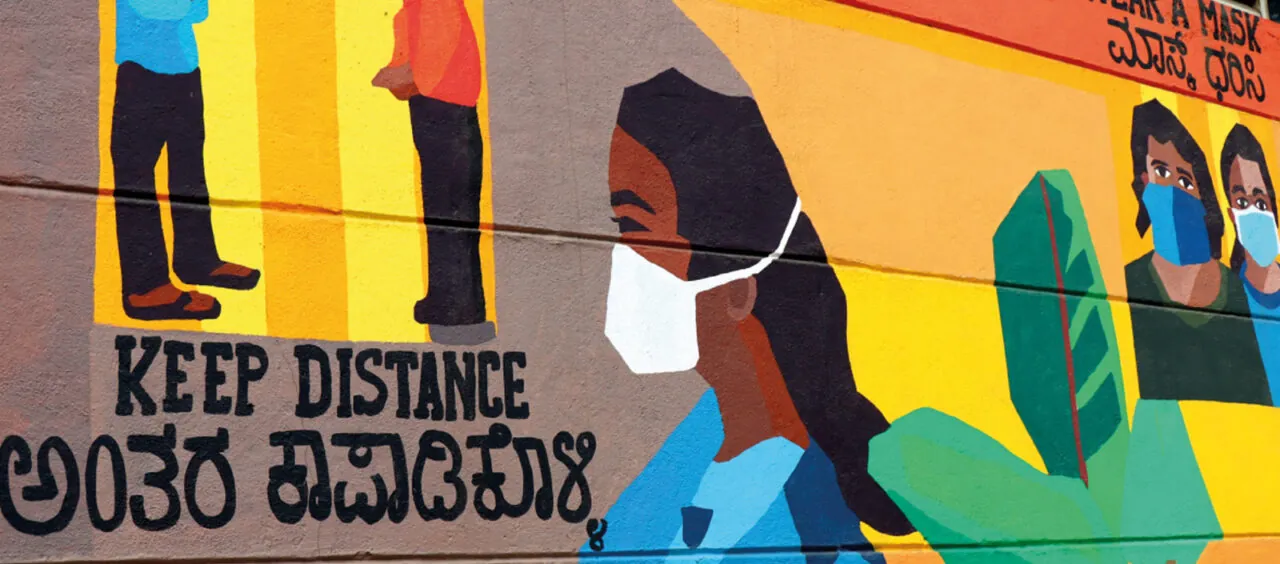The unprecedented threat posed by the Covid-19 pandemic has presented a crisis for the international humanitarian system. At a time when the number of people in need of assistance has drastically expanded, humanitarian funding has been cut as countries focus on their domestic economies. International travel bans and lockdowns have impeded humanitarian access, constraining conventional humanitarian response mechanisms and processes.
Every crisis presents an opportunity to rethink policy, practice, and research, and this issue of the IDS Bulletin investigates how the pandemic has exposed failings but also generated new opportunities and challenges in the humanitarian system, especially within the localisation agenda. Across four major themes, the articles in this Bulletin discuss the multifaceted nature of the pandemic and its impacts. As much a socioeconomic crisis as a public health crisis, it has deepened structural inequalities and highlighted population-specific vulnerabilities.
The IDS Bulletin emphasises how responses to the pandemic have converged with a weakening of protection regimes for displaced people including asylum seekers and refugees. Furthermore, it shows that the pandemic has presented an extraordinary crisis for the international humanitarian system, highlighting the failures of states and international humanitarian actors to provide needed assistance. Conversely, and most importantly, it argues that with the partial absence of state or international humanitarian responses, the pandemic has given unanticipated impetus to everyday forms of humanitarianism practised by and within local communities.
This issue of the IDS Bulletin also offers a salutary message about the future for humanitarianism in further crises – have responses to the pandemic offered a foreboding about increased forms of detachment, a low level of concern, and a weakening of international solidarities?



